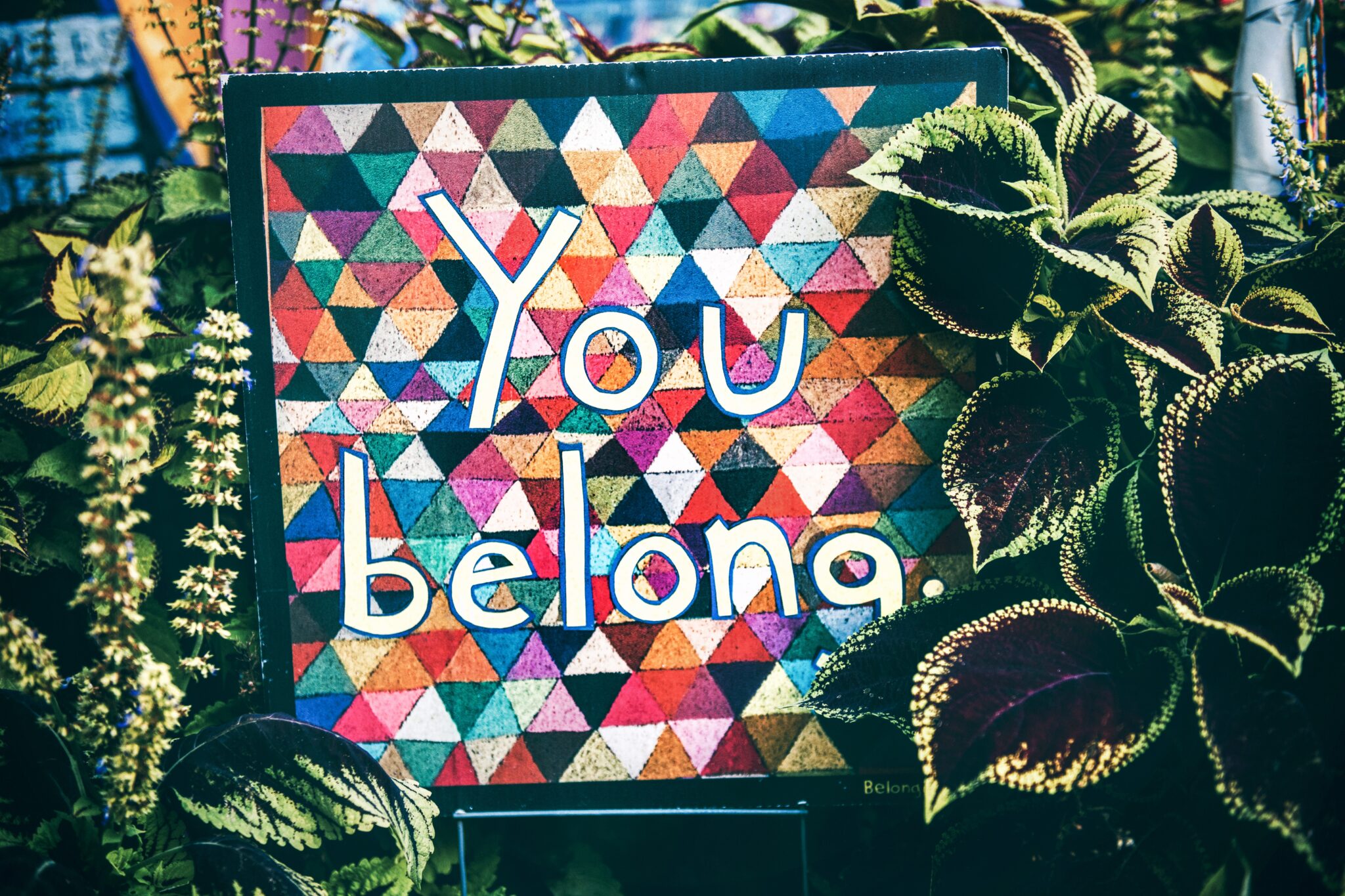How to Be An Ally
by Angela Harrell, ClearRock Board Member and Voya Financial, SVP Corporate Responsibility and Diversity & Inclusion; President of Voya Foundation
You may wonder – who should be an ally?
Everyone. Regardless of your identity, there are historically marginalized groups who need you and your support. You can stand “for” and “with” communities who have yet to achieve economic, social, and political equity.

A Black woman can be an ally for a Hispanic man.
A heterosexual (or cis) woman can be an ally to a lesbian woman.
An individual without a disability can be an ally to an individual with a disability.
A White man can be an ally to an Asian man.
Allies help to drive systemic improvements through their words and actions in workplace policies, practices, and culture.
How can you be an ally?
- Listen. Individuals who have experienced discrimination or felt marginalized may be hesitant to share their stories. You may have never seen or heard the problematic behavior yourself, but being an ally means you do your best to listen and not dismiss or diminish others’ experiences.
- Empathize. Individuals or groups for whom you are an ally benefit from your understanding and empathy, not from your sympathy. Empathy means experiencing someone else’s feelings, while sympathy is pity or sorrow for someone else.
- Educate yourself. There is a wealth of books, movies, podcasts, and other resources that will help you to increase your knowledge of different identities, backgrounds, and cultures. Remember that one size does not fit all and that individuals who share an identity have different experiences.
- Speak up. If you hear or see something that is racist, sexist, ageist, etc., say something. Lending your voice is a powerful way to show up as an ally. Be sensitive in the way in which (and when) you call out words or deeds to improve [organizational] culture for the benefit of all.
- Amplify and advocate. Many individuals from marginalized groups have felt at times that their ideas are minimized, overlooked, or dismissed. If you are in a setting and see this happening, lend your voice. Allies show support for good ideas or help clear some space in the conversation for individuals whose voices are not always heard.
- Get comfortable with discomfort. When you find yourself uncomfortable when it comes to differences related to identity, don’t dismiss the feeling or shut down. Challenge yourself to consider why you are uncomfortable and know that, through discomfort comes growth as an ally.
- Get involved. Join and employee resource group (or equivalent if your organization offers them) and expand your internal network and knowledge. Or put your allyship to work through volunteerism or other social endeavors that help to advance social or racial equity.
- Sponsor others. Individuals at all levels of the organization can actively advocate for those from marginalized groups whose work, approach, and talents you admire. Be a vocal fan as you continue along your ally journey.
- Give grace. We are all learning about the identities of others and ourselves. We are all doing our best and we will make mistakes as we learn and expand our language, thinking, and experiences. Make corrections gently and accept them graciously. Show yourself and others grace as we all learn to be better together.
- Stay the course. Being an ally does not happen overnight. At times, it can feel very uncomfortable to speak up and stand up for others. At times, we can feel nervous about making mistakes. Keep up the dedication and the commitment to learning and active because your decision to be an ally makes the difference in the lives of many.